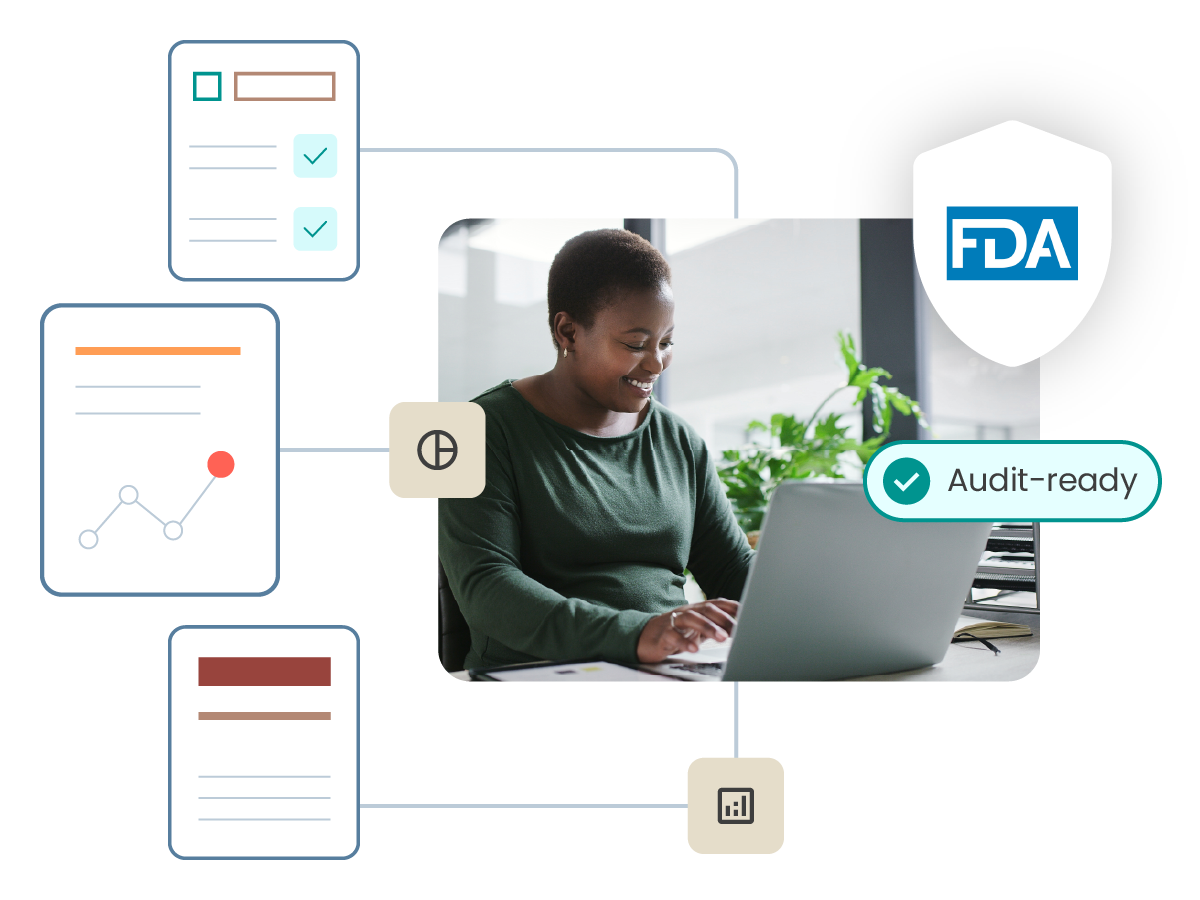On Dec. 29, 2022, the U.S. Congress passed the Modernization of Cosmetics Regulation Act (MoCRA), granting the U.S. Food and Drug Administration (FDA) greater authority over the production and distribution of cosmetics. This legislation aims to enhance safety, transparency and compliance and align the cosmetics industry with the regulatory frameworks already in place for food and pharmaceuticals after nearly 85 years of minimal oversight. MoCRA regulatory activities involve facility registration, product listing, adverse event reporting and record keeping, good manufacturing practices (GMPs), labeling and safety substantiation.
Key FDA oversight topics and related courses:
1. Facility registration and product listing
Starting in July 2024, cosmetics manufacturers are required to register their facilities with the FDA and submit a comprehensive list of products and ingredients. This product listing provision is the responsibility of the manufacturer, packer or distributor (responsible person) named on a cosmetic product, who also manages adverse event reporting and compliance with FDA guidelines. The "Vendor Certifications for Cosmetic Manufacturers" and "Failure Investigations for Cosmetic Manufacturers" courses offer businesses guidance on implementing robust product tracking and facility management systems.
2. Adverse event reporting and recordkeeping
Under MoCRA, manufacturers must report serious adverse events to the FDA within 15 business days and are required to update the report as new information comes in if it is within one year. Additionally, the FDA will have access to this information upon inspection. Failure to provide these and other requested records within one day of the FDA request can result in regulatory action. Programs such as "Resolving Out of Specification Test Results” and “Introduction to Cosmetic Microbiology" can efficiently equip teams to manage adverse events and address microbiological safety concerns.
3. GMP regulation
The FDA is on track to finalize mandatory Good Manufacturing Practices (GMP) standards for cosmetics by the end of 2025. These standards will require manufacturers to adhere to consistent quality and safety practices across all production processes. Our "Maintenance and Cleaning of Cosmetic Manufacturing Equipment” and “Essentials of an Effective Calibrations Program" focus on GMP principles to support compliance and product integrity during production.
4. Labeling
Beginning Dec. 29, 2024, all cosmetic products sold in the U.S. need to display labels with specific product information, including the identity of any fragrance or allergens used in the product. “FDA-Regulated Product Labeling for Cosmetic Manufacturers" addresses labeling regulations and requirements for FDA-regulated products in the premarket and post-market stages.
5. Safety substantiation
Prior to sale, cosmetics manufacturers, packers and distributors are responsible for determining if their products are safe (not harmful when used as directed). The FDA mentions that this information must be substantiated and documented in a scientifically robust manner. Safety records are to be maintained as new information is part of post-marketing surveillance and made available to the FDA upon request. To better understand the underlying science of product safety, our course "Introduction to Toxicology" explores what toxicology is and its role in safety assessments, and "Introduction to Cosmetic Microbiology" addresses microbiological safety concerns.
Are you ready for MoCRA?
Even if you know your products are safe, you must prove it on paper. When the FDA asks for your MoCRA documents, be ready to provide them and avoid the possibility of immediate loss of business due to FDA enforcement.
Putting off compliance can cost lost days of production, distribution and sales; take action now. Stay informed and compliant with all the MoCRA requirements. Our courses help clarify the path to compliance. Prove your proficiency in the new law with help from ULTRUS Learning today.
Elevating Compliance and GxP in regulated industries
ComplianceWire helps scale trainings to meet regulatory and industry standards in a FDA CFR Part 11 validated system. Navigate regulations, automate training and implement risk management to support the development of safer and more effective products.
Get connected with our sales team
Thanks for your interest in our products and services. Let's collect some information so we can connect you with the right person.







